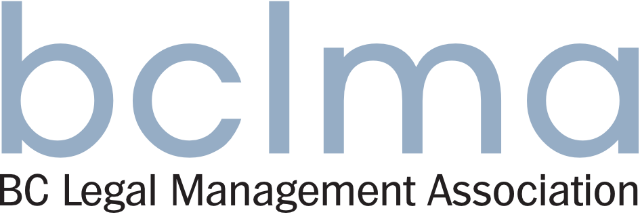One of the ironies of performance management systems is that so many people find they do not perform very well.
A survey by People IQ, a company that provides Web-based performance appraisal systems, reported that only 13% of U.S. managers and workers and just 6% of CEO’s believe their organization’s PM system is useful!
By Russell Horwitz
KWELA Leadership & Talent Management https://leadership-vancouver.ca/ (Previous presenter at Small Firms Subsection)
PURPOSE
The term “Performance Management System” is often used synonymously with “performance appraisal”.
Actually, thinking this way is one of the things that get organizations into trouble, because the yearly appraisal process, no matter how well designed, is not enough to ensure that employees perform at their best.
The purpose of a performance management system is essentially to link people’s individual actions and behaviours to organizational strategy, and it does this by:
Getting employees focused on doing the right things
Helping employees overcome performance barriers
Consistently answer three questions for each employee:
1. What am I doing well?
2. What do I need to do differently?
3. What does the organization need to do differently to help me perform at my best?
An acid test of a good performance management system is the answer to the question:
“are employees performing at their best?”
A GENERALIZED MODEL
Refer to the following general model as a basis for discussion in this document:

SIGNS OF A WORKING PERFORMANCE MANAGEMENT SYSTEM
In order to understand how well your organization’s performance management system is
working, look beyond the forms, processes and structures. If you see most or all of the
following things in place, then your system is probably working well:
1. High morale / low turnover
2. High levels of teamwork, even across departments
3. Great promotion decisions
4. Organizational goals are typically met
5. People understand how they need to improve
6. Appraisals are done consistently, and on time
7. Process differentiates high/low performers
8. Terminated employees have consistently received written feedback specifying that
their performance was below par
WHAT THE RESEARCH SAYS
A recent study (2007 WorldatWork and Sibson State of Performance Management Study) surveyed more than 550 individuals, primarily senior-level HR professionals, representing finance and insurance, health care, higher education, manufacturing, professional services, public sector and utilities. The organizations represented in the study range in size from fewer than 100 employees to more than 100,000 employees. Their findings, in a nutshell were that:
Performance management techniques for effective and less effective organizations are not very different.
The greatest difference is the level of active leadership support and championing of the process.
This is supported by our own observations – i.e. a strong organizational culture with respect to setting goals, giving feedback and coaching, starting from the CEO is the largest determinant of high-performance.
Backing up this assertion, research from the Institute for Corporate Productivity (formerly the Human Resource Institute) indicates that there are several well-defined steps that can make performance management an effective process in any organization. Their study,
“Finding the Keys to Performance Management: A Study of Current Trends and Future Possibilities”, surveyed more than 1,000 HR professionals representing various industries and company sizes.
Nine key practices for effective performance management were found, and are listed below:
1. The performance management process includes developmental plans for the
future.
2. Training is provided to managers on how to conduct a performance evaluation
meeting.
3. The quality of performance appraisals is measured.
4. There is a system in place to address and resolve poor performance.
5. The performance appraisal includes information other than that based on the
judgment of managers.
6. The performance review process is consistent across the organization.
7. Employees can expect feedback on their performance more than once a year.
8. 360 reviews are used to support the performance evaluation process.
9. The performance management process includes ongoing goal review and feedback
from managers.
According to the research team, it is not necessary to have all nine key practices, however the more practices an organization implements, the more effective the program. It doesn’t matter which of the nine practices are implemented as much as how many are
implemented. Additionally, the order of implementation does not have any significant impact.
The focus of the remainder of this white paper is to present our point of view of how to actually implement these 9 key practices.
Read the whole article here: https://bclma.org/wp-content/uploads/Performance-Management-Best-Practices-R6.pdf
Indexed content in rest of the article below:
– Performance Management Best Practices
1. Including developmental plans for the future
2. Providing training to managers
3. Measuring the quality of performance appraisals
4. Resolving poor performance
5. Getting beyond the judgment of managers
6. Making it consistent across the organization
7. Ensuring that feedback happens regularly
8. Using 360 reviews to support the performance evaluation process
9. Including ongoing goal review and feedback
– Some links to other HR processes
– Compensation
– Job Descriptions
– Competency Models
– Leadership development and succession planning
Russel is one of Kwela’s two founders and his expertise includes leadership development, team development, executive coaching and training. He has worked extensively as a leadership consultant / trainer since 2004 across a wide variety of sectors, including
government, publically-held, private and non-profit. Russel’s experience also includes 14 years in the high technology/engineering sector, where he held management roles in product development, marketing, customer service and training. Russel holds a Master’s
degree in Engineering from the University of Cape Town, South Africa.
Russel can be contacted at (604) 839-8916 or [email protected]
